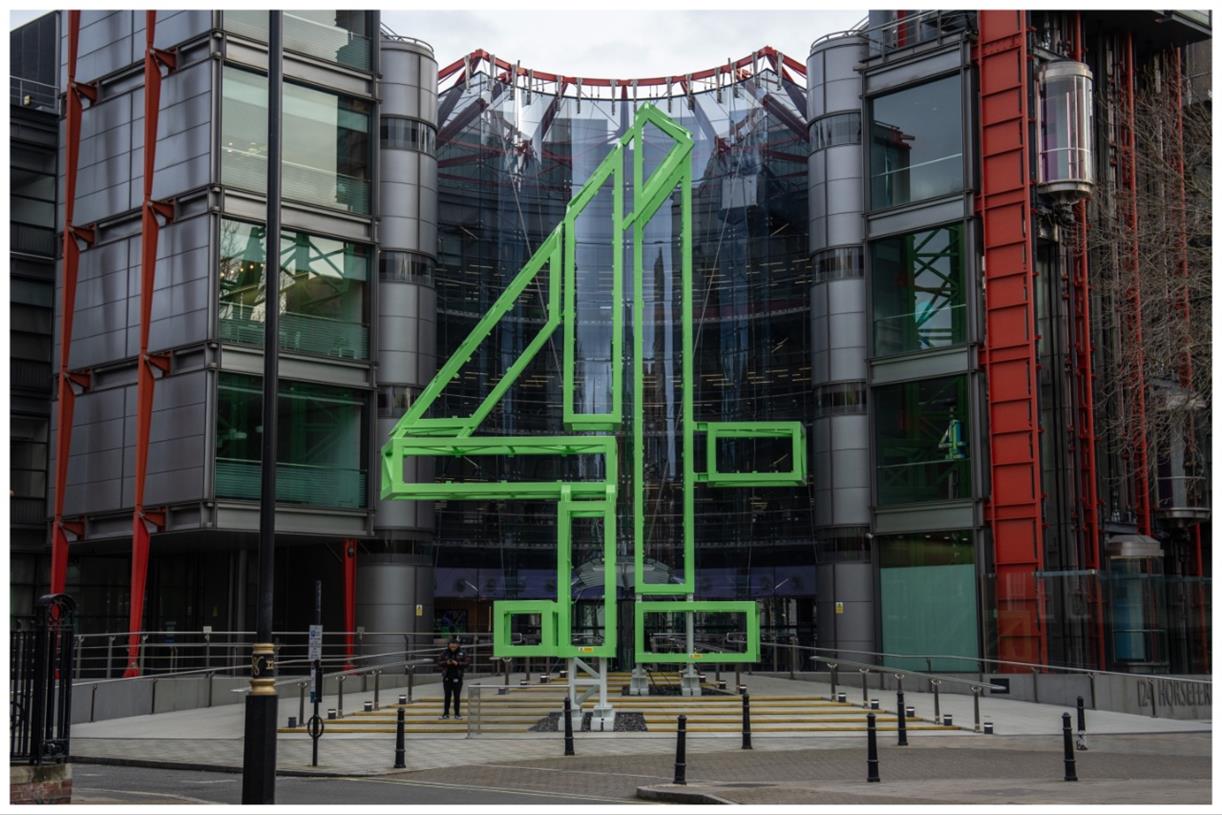Eurostar announces how EU’s post-Brexit rules will change journeys out of London
Eurostar is spending 10 million euros (£8.5 million) overhauling border facilities at St Pancras


Sign up to our free Brexit and beyond email for the latest headlines on what Brexit is meaning for the UK
Sign up to our Brexit email for the latest insight
Eurostar passengers from the UK will have to use electronic kiosks before checking in for London departures when new post-Brexit EU border rules come in this year.
The cross-Channel train operator said passengers must use the machines at St Pancras station to register their passport, facial image and fingerprints, and answer four questions about their trip.
This will be required under the EU’s Entry/Exit System (EES), which is expected to come into force on October 6.
After the UK voted to leave the European Union and the government negotiated for British travellers to become third-country nationals subject to a range of restrictions.
The European Union is planning to introduce an “Entry/Exit System” (EES) that will record the movements of non-EU visitors. Shortly afterwards – in mid 2025, according to the latest plan – prospective UK visitors to the Schengen area will have to apply online for permission to enter.
Eurostar insisted passengers will experience a “seamless and stress-free journey” despite the extra checks.
It is not intending to change its current guidance that customers should arrive up to 90 minutes before their train’s departure time.
Eurostar is spending 10 million euros (£8.5 million) overhauling border facilities at St Pancras.
It is installing three registration areas housing a total of 49 kiosks a short walk from its check-in area.
This is more than twice as many kiosks as the amount recommended by French officials.
The machines are self-service but staff will be on hand to help passengers who need assistance.
After a passenger has used a kiosk, checked in, and passed through security and UK exit checks, they will still need their EES registration to be completed by French border officers, who will scan their fingerprints again.
EES will apply to people from non-EU countries such as the UK entering the EU.
Once a person is registered, they will not need to have their fingerprints scanned for subsequent trips in the following three years.
Those passengers will still need to use a kiosk, but can pass through French border checks via electronic gates rather than be dealt with by an officer.
Eurostar hopes the removal of the need to stamp all UK passports on every trip means the border process could be quicker under EES.
Eurostar chief stations and security officer Simon Lejeune said: “We’re not going to ask our customers to arrive earlier for EES.
“We’re still going to maintain the current check-in times.”
He added: “What we want to do is offer all our passengers the most fluid experience.”
Richard Thorp, engineering director at HS1 Ltd, which owns St Pancras, said: “People are nervous going through borders sometimes anyway, it’s not a usual process for them.
“This is a change to that process that we need to communicate and get people ready for.
“There’s nothing to be scared of. It’s not difficult, the questions aren’t going to be confusing.”

 MikeTyes
MikeTyes 
































